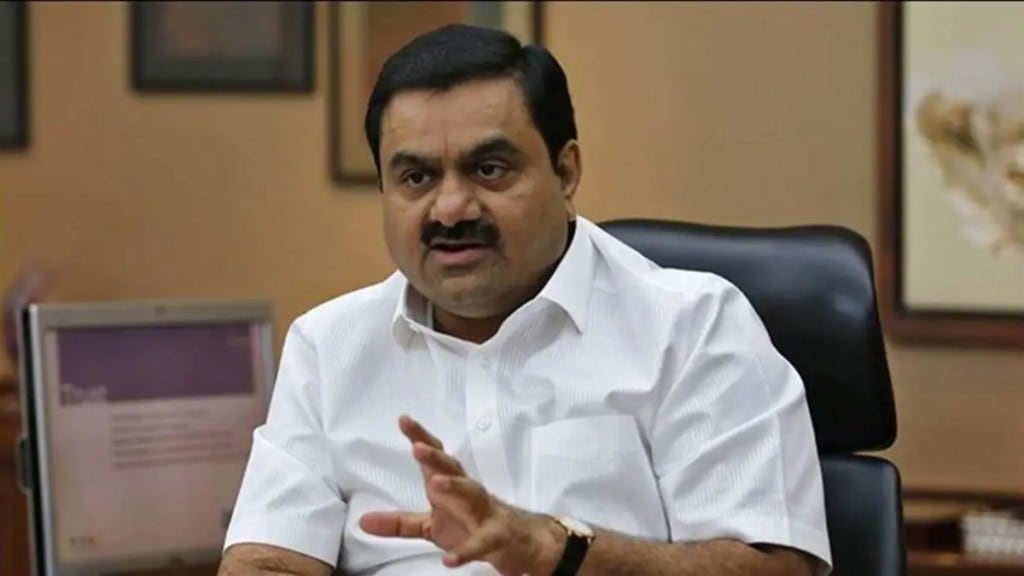The allegations made by Hindenburg Research against the Securities and Exchange Board of India (Sebi) in July this year were damaging enough. But going by the latest set of charges made personally against Sebi chairperson Madhavi Puri Buch and her husband Dhaval Buch, the July report pales into insignificance. Accusing Buch of unwillingness to act on its January 2023 Adani report, Hindenburg said on Saturday that’s because the Sebi chairperson and her husband had investments in offshore funds that had links with the Adani group.
Hindenburg has also questioned Buch’s ownership of stakes in a consultancy — Agora Partners — to show that she hasn’t cut off ties to private businesses — something that being a regulator demands. It suggests that there were two Agora units — Singapore and India — and that she “quietly” transferred her 100% holding in the Singapore unit to her husband after becoming chairperson in March 2022, while she held the ownership during the board position.
Taken in isolation, these are damning accusations against any regulator. And the Buch couple have done well to dismiss all of them point by point. The statement shows how most of the allegations made by Hindenburg are based on half-truths and insufficient to conclude complicity.
It also suggests that the Sebi chief made all requisite disclosures before taking over as Sebi chairman; recused herself from all decisions made on ICICI Securities (where she worked earlier) and Blackstone, where her husband works as a senior advisor. Buch has also categorically confirmed that at no point of time did any of the funds she was associated with invest in any bond, equity, or derivative of any Adani group company.
The two consulting companies set up by her during her stay in Singapore became immediately dormant on her appointment with Sebi and these companies (and her shareholding in them) were explicitly part of her disclosures to Sebi. What also lends credence to her statement is that even 360 One WAM clarified that IPE-Plus Fund 1, in which Buch and her husband had exposure, did not make any investments in any of the shares of the Adani group directly or indirectly throughout the fund’s tenure.
Some other sections of the market have also joined in her defence. There is a reason for this groundswell of support: The Sebi chairperson has been known for her unimpeachable integrity throughout her distinguished career. There is some merit in the suggestion that Hindenburg has clumsily recycled its own earlier claims which were debunked by the Supreme Court.
Having said that, it is also equally true that financial regulators should be like Caesar’s wife — absolutely beyond suspicion. If there are questions about their conduct, the foremost job is to clear the doubt before taking any other step. That can’t be achieved by claiming that a desperate cabal operating in India and abroad are aiming to destabilise India’s financial foundation.
The Supreme Court had earlier dismissed a petition seeking review of its January 3 verdict which rejected a plea to direct a court-monitored inquiry into allegations in the Hindenburg Research report.
Given the latest round of serious allegations before, it will be in the interest of India’s financial markets, the regulator, and Buch herself that the Supreme Court sets up a separate panel to take over the investigations into the Adani fiasco. Till the panel report is out, the Sebi chairman should recuse herself from this case. Such an action will only enhance the reputation and integrity of the country’s capital markets.

